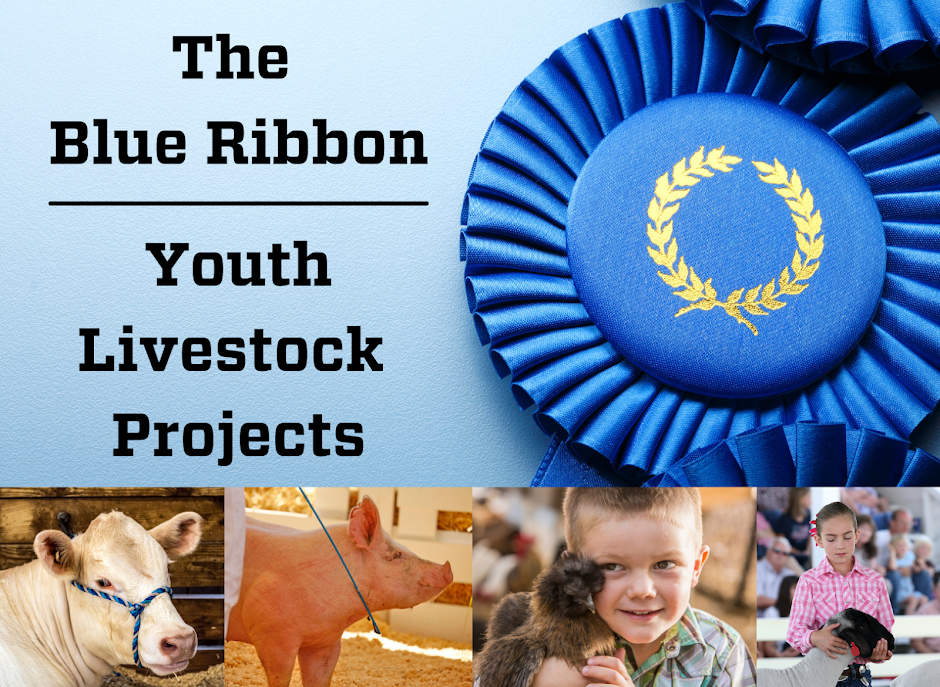Good livestock health plans include control of internal and external parasites. Products like fenbendazole, ivermectin, levamisole, albendazole and oxfendazole are used and can have some effect on biting flying parasites, but they must bite an animal to be effective. A good health plan tries to prevent livestock from being bit in the first place.
The Problem Parasites
- Mosquitos
- Blood sucking pest. They can cause skin irritation at the bite. Multiple bites can lead to animals scratching areas raw causing open sores. This can lead to worse problems.
- They can carry diseases such as West Nile Virus and Equine Encephalomyelitis.
- They can carry parasite such as the one that becomes heartworms in dogs.
- Black Flies
- They can cause skin irritation at bite. Multiple bites can lead to animals scratching areas raw causing open sores. This can lead to worse problems.
- They can transmit diseases.
- Bot Flies
- They lay eggs on livestock so the larvae use the animals as a host.
- This can cause sores and irritation internally and externally.
- Heel Fly
- They lay eggs on animal hairs.
- Hatched larvae enter the body and live in the host animal.
- Horn Fly
- Blood sucking pest. They can cause skin irritation at bite. Multiple bites can lead to animals scratching areas raw causing open sores. This can lead to worse problems.
- Blood sucking lowers energy of livestock and reduces productivity.
- Horse Fly
- Blood sucking pest. They can cause skin irritation at bite. Multiple bites can lead to animals scratching areas raw causing open sores. This can lead to worse problems.
- They can carry diseases like Equine Infectious Anemia and Anaplasmosis.
- Screwworm Fly
- The female lays eggs by fresh wounds. Likely spots include castration sites, ear notches and dehorning.
- The larvae feed on the host animal.
Each of these parasites has a different habitat and ways they can be controlled. As a group, the best way to control them is by sanitation. Remove manure from pens and barns, and compost it. Keep livestock clean. Treat all wounds by cleaning and covering the wound location. Remove other possible habitats, like standing water for mosquitos.
Continue using appropriate internal and external parasite controls (dewormers). You can use fly sprays appropriate for your species. Fly tags are commonly used on cattle. Fly traps and poisons can be used around the barn. IGR (insect growth regulators) can be added to feed and supplements to help control flies (consult your veterinarian and feed supplier).
Just remember fly sprays, tags, traps and poisons are all harmful and should be handled with caution by adults and according to the directions. If you have any questions about fly and mosquito control or problems, visit with your veterinarian and see what they recommend.
Here are some other resources about flying parasite controls:
Livestock Veterinary Entomology website, Texas A&M AgriLife Extension
Best Management Practices for Fly Control, Michigan State University
Good luck keeping those pesky critters away from your animals.
Scott Stinnett
Extension Associate
Kit Carson County
Golden Plains Area
Colorado State University Extension
